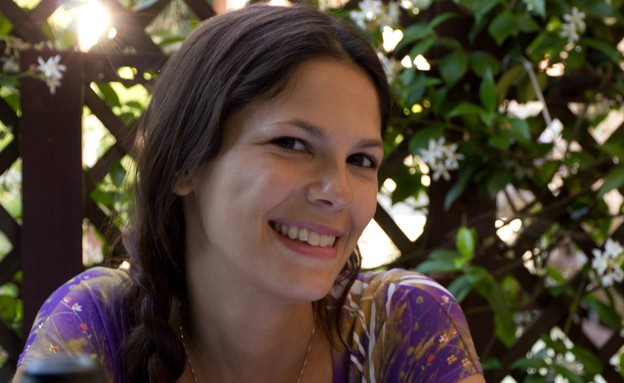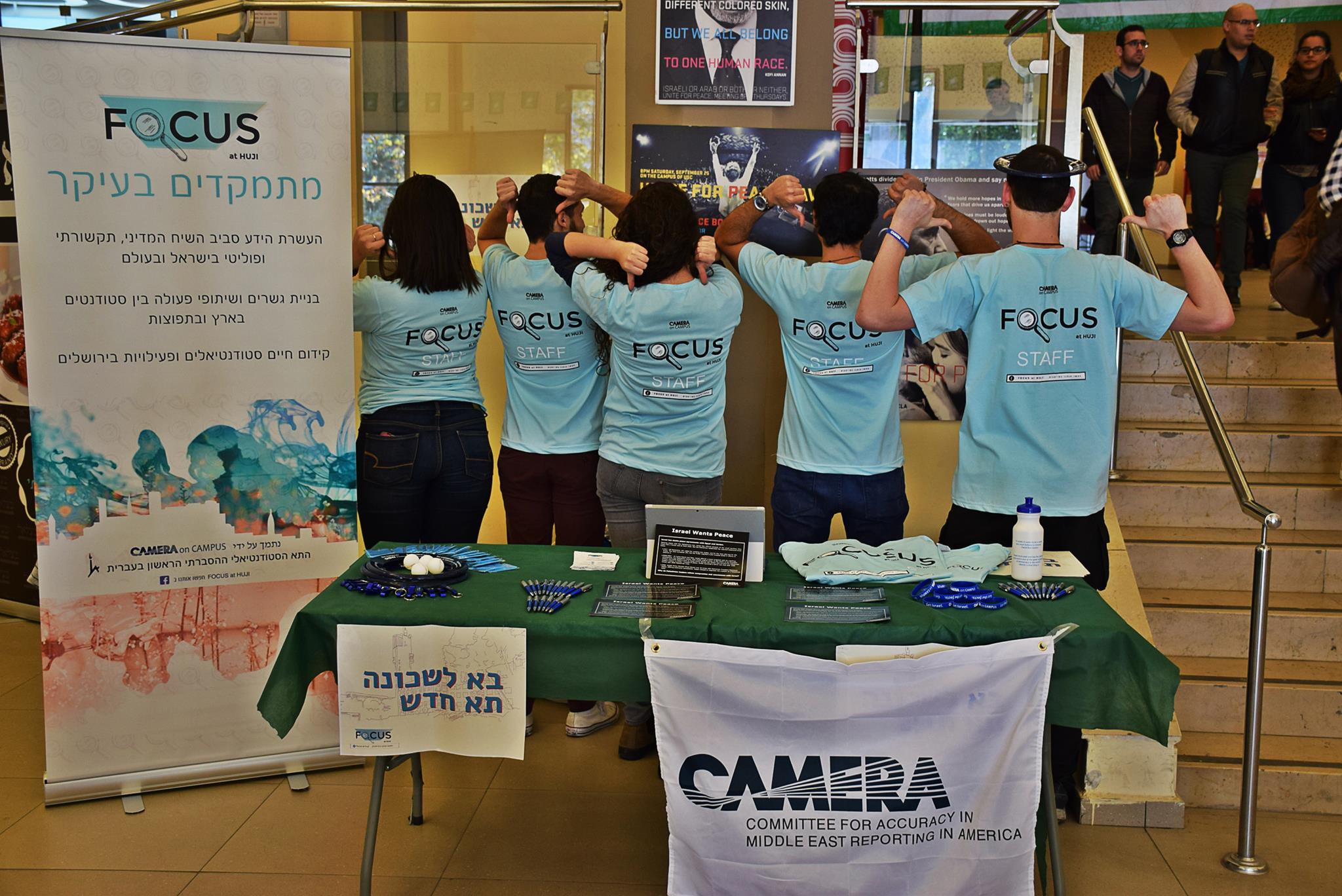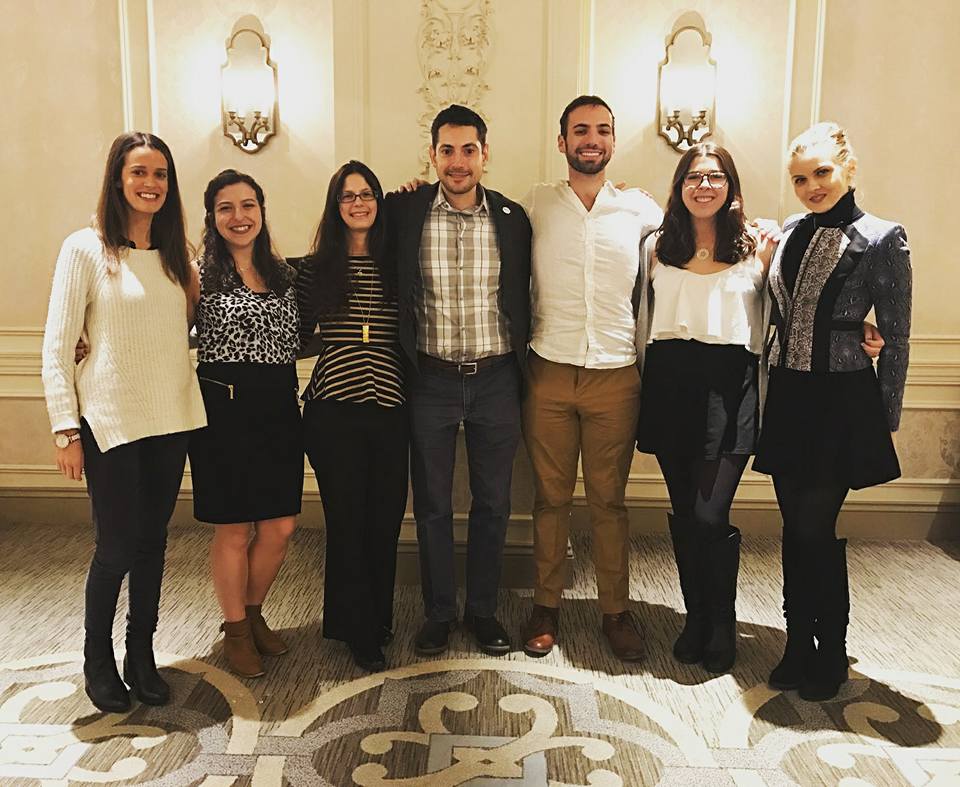
The FedEx package that arrived from the Israeli Consulate in NYC, returning my American passport with a six-month visa for my planned Aliyah, lay at the foot of my bed for seven months before I broke its seal.
The original plan was to move to Israel in 2012, live in Tel Aviv, and work excruciatingly late American hours, which would naturally prevent any social activity from occurring. I was willing to do anything to move to Israel.
But inside I knew I was not ready. I felt I made the decision too hastily and it wasn’t the right time. I decided not to go and the package was left lying next to the bed, waiting for the day I would decide.
An entire year went by before I made the decision to pack up as much as I could fit into two large suitcases and begin a new life on my own, but this time I would be heading to Jerusalem.
I get asked often, as many Olim do, why I made Aliyah, especially without my family. My upbringing had a lot to do with my decision. During the Six Day War, both of my parents, before they met each other, while one was attending UCLA and the other was attending Washington University, volunteered to help, not knowing how quickly the war would end. The years passed and the dream to immigrate to Israel never faded. After they graduated and eventually met, my parents moved to Israel in 1970 and married there. Although the harsh conditions, money restraints and loneliness forced them to return to the States, their love for Israel never dwindled and it was consistent in their parental messaging over the years to me and all of my siblings.

I didn’t have what one would consider a typical Jewish – American upbringing. I grew up in a working-class city outside Boston comprised of mostly Italian and Irish-Americans. I was the first Jew who many of my classmates and neighbors met. Though I didn’t grow up amongst people who were familiar with my culture, the pride that my friends and classmates had in their own heritage, coupled with the pride my parents instilled in me, greatly strengthened my confidence and self-respect as a Jew and a Zionist.
When I arrived at UMass Amherst, I instantly signed up for Hebrew classes and took every Jewish or Israel – oriented class that was offered. Unlike other Jewish-Americans, I attended public school, not Jewish-Day school, thus my Israeli historical knowledge came directly from my parents. Although, they taught me a lot, probably more than most Jewish Day Schools, I was desperate to engage in academic courses on the subject of Israel. I was also enthused with the idea of traveling to Israel through Birthright, something I had heard about in my early high-school days, but the idea of spending any significant length of time in Israel didn’t cross my mind until well after I graduated from university.
Junior year, I came across my first encounter with extreme anti-Israel bias that stemmed from a professor, claiming among other things that the Jews were the first suicide bombers. I was utterly astonished that a professor would behave so unethically when she chose to screen a very biased film against Israel to the class and refused my request to screen an additional film that would provide another angle to the Arab-Israeli conflict. At the end of the day, I decided to publish an article on the class in the campus newspaper. The silver lining of this challenging experience was that that it led me to CAMERA, where I have built a career out of mentoring and educating students across North American, the UK and now Israel on how to stand up for the truth even when you might be alone in doing so.
When I moved to Israel, I wanted to become integrated into Israeli society and to work directly with Israeli university students.
One evening, I asked Eden Adler, who had recently started his studies at Hebrew University, if CAMERA, an a-political organization with an aim to educate and counter falsehoods could spark interest with Israelis. Presspectiva, CAMERA’s Hebrew department, has been very successful with monitoring the Israeli media, but nothing yet had been introduced to the campus scene. Eden immediately said, “Yes,” and within a few days an event was planned. I was expecting maybe 10 students, but 60 students were present to learn how to create an a-political cell, something that is rarely seen on Israeli campuses. This was when FOCUS at Hebrew University was created.

It has been just over a year since that first meeting and as all of the students I work with astonish me every day, the Hebrew University students were no different. They are serious in our shared goals to bring a bridge between Israelis and the diaspora. Between their internal education on current events within Israel as well as how Israel is perceived internationally and their strong willingness to connect and reach as many Jewish and non-Jewish students as possible, I feel very confident that FOCUS at HUJI is setting a precedent that other Israeli universities will be sure to want to follow.

Originally published in Mako (in Hebrew)
Contributed by Aviva Slomich, International Campus Director for CAMERA.
